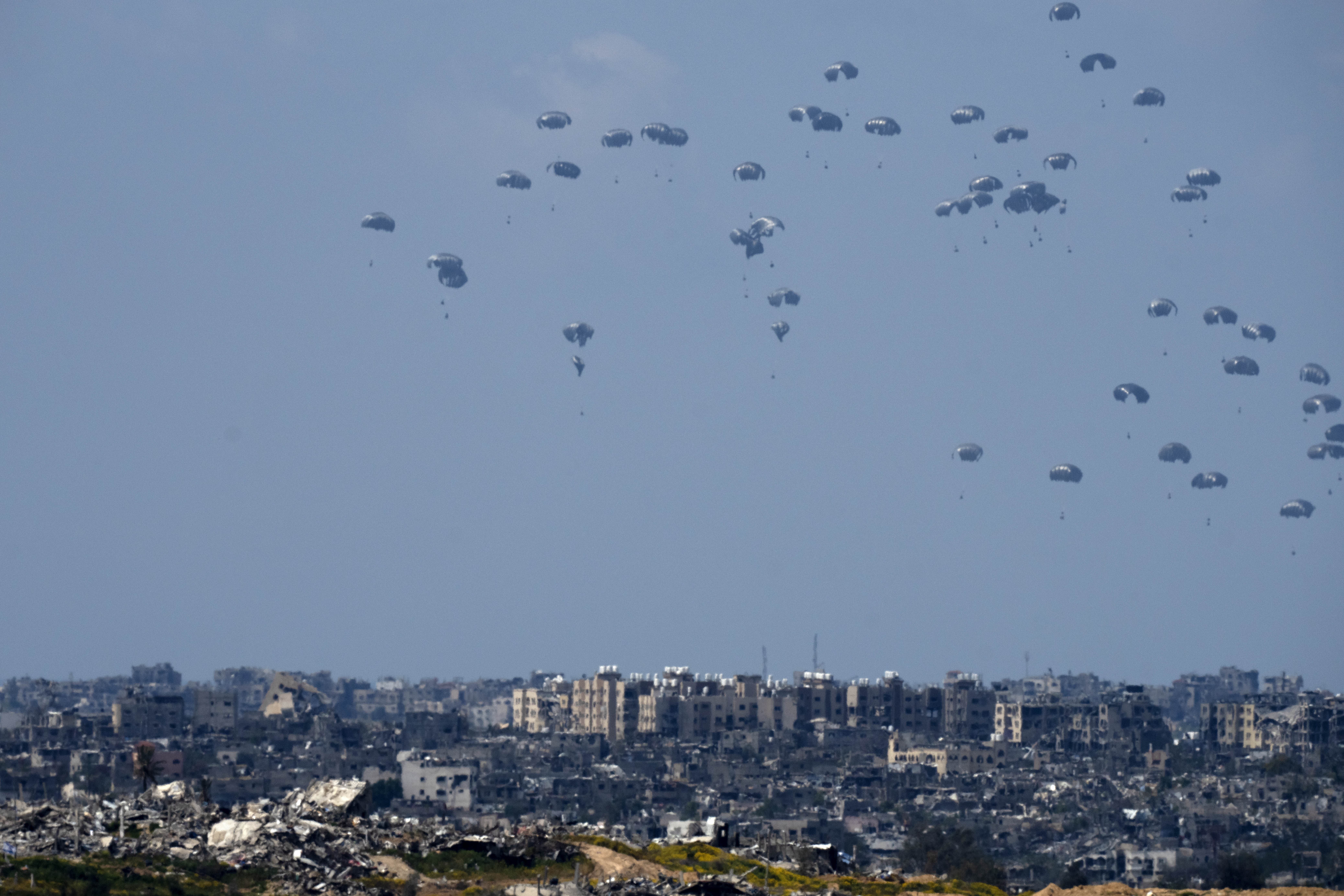The Israel-Hamas War took a new turn on Monday. Israeli Prime Minister Benjamin Netanyahu has cancelled a visit to Washington by a high-level Israeli delegation. Netanyahu’s decision came after a United Nations Security Council resolution called for an immediate cease-fire in the war with Hamas. The resolution in the 15-member council passed with a 14-0 vote. The United States had previously blocked at least three resolutions calling for a ceasefire. This time it abstained from using its veto power. On Thursday, Washington tabled its own draft resolution. That called for a ceasefire linked to the release of Israeli hostages by Hamas. Russia and China blocked the resolution on Friday. They vetoed the U.S. resolution describing it as ‘hyprocritical’ and ambiguous.
After the U.S, abstention, Netanyahu accused Washington of reneging from its “principled position” by allowing the vote to proceed without linking the ceasefire with the release of hostages held by Hamas. The UNSC resolution does demand the release of all hostages taken during the Hamas terrorist attacks in Israel on October 7th, 2023. But, it does not make it a pre-condition for the ceasefire. During a previous week-long cease-fire in the Israel Hamas war in November, around 100 hostages, mostly Israelis, were released in exchange for 180 Palestinian prisoners.
An Israeli delegation was scheduled to present White House officials with proposals for an expected ground invasion of Rafah. Rafah is a town in Gaza where over 1 million Palestinian civilians have sought refuge from Israel’s retaliation. The U.S. has repeatedly said it will not support an Israeli attack on Rafah without a plan to protect civilians there. Since, U.S. President Joe Biden is in an election year, he has also been urging Israel to allow more aid to enter Gaza. The UN has recognised that Gaza faces a massive humanitarian crisis and starvation deaths.
But Netanyahu insists Israel will go ahead with a planned ground assault on Rafah, even without the support of its key ally. The cancellation of the Israeli delegation’s visit signals rising tensions with Washington.
(With inputs from AP)
Also See:
In a career spanning three decades and counting, Ramananda (Ram to his friends) has been the foreign editor of The Telegraph, Outlook Magazine and the New Indian Express. He helped set up rediff.com’s editorial operations in San Jose and New York, helmed sify.com, and was the founder editor of India.com.
His work has featured in national and international publications like the Al Jazeera Centre for Studies, Global Times and Ashahi Shimbun. But his one constant over all these years, he says, has been the attempt to understand rising India’s place in the world.
He can rustle up a mean salad, his oil-less pepper chicken is to die for, and all it takes is some beer and rhythm and blues to rock his soul.
Talk to him about foreign and strategic affairs, media, South Asia, China, and of course India.





